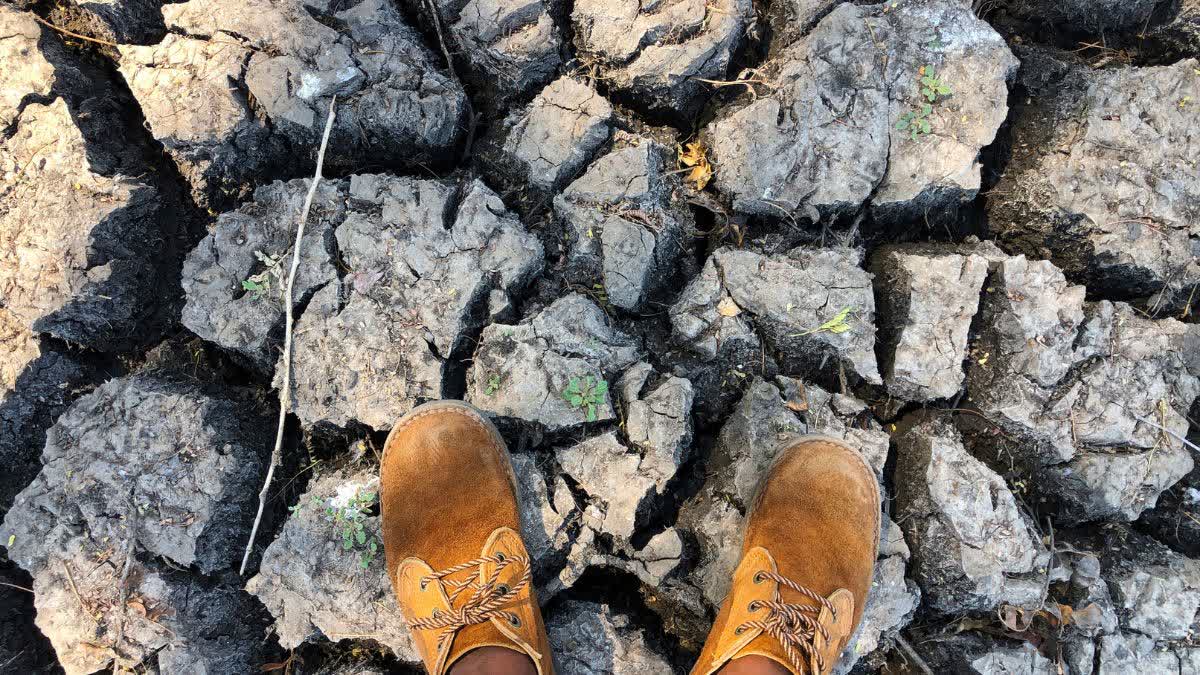Global Commission on the Economics of Water has published a report on 'The Economics of Water', highlighting the growing global water crisis, driven by decades of mismanagement and undervaluation of water resources. As per the report, the world is facing a growing water disaster as the hydrological cycle has gone out of balance for the first time in human history.
According to the commission, we can no longer count on freshwater availability for our future as we have damaged our freshwater and land ecosystems, allowing for the continuing contamination of water resources.
The study titled "The Economics of Water: Valuing the Hydrological Cycle as a Global Common Good" claims that the imbalance in the hydrological cycle threatens a sustainable future, with severe impacts on ecosystems, food systems, and human health. The report also highlights the plight of people for water, claiming over 1,000 children under five die daily from unsafe water and sanitation while women and girls spend 200 million hours daily collecting water.
As per the report, food systems are running out of fresh water and cities are sinking as aquifers underneath them dry up. It says that failing to act on water management will have significant human and economic costs. The commission claims that water storage is declining globally, especially in areas with high population density and economic activity, such as northwestern India, northeastern China, and parts of southern and eastern Europe.
The report calls for a revaluation of water as a critical planetary resource and proposes managing the hydrological cycle as a global common good. It underscores the urgent need for justice and equity in managing water resources to ensure food security, human dignity, and a safe Earth system for humanity.
